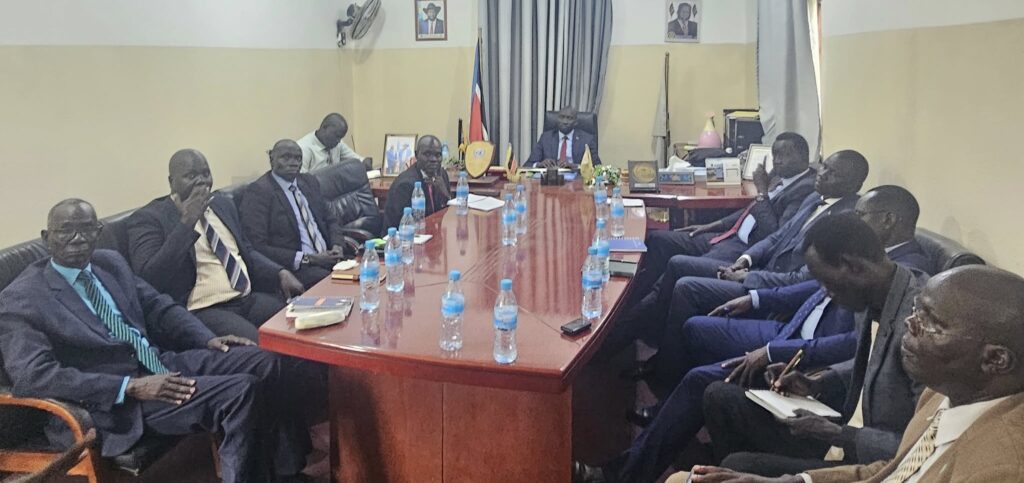Officials in the Greater Pibor Administrative Area (GPAA) have begun screening employees to remove “ghost workers” from payrolls, though some workers have expressed doubts about the process.
Ghosts, in this case, refer to non-existent employees presumed to be working and are paid salaries in the area.
The exercise, which starts Monday, was approved during a Council of Ministers meeting Friday. Deputy Chief Administrator Ogebe Omot Ochan was appointed to lead the screening committee, with the labor minister serving as his deputy.
Ogebe Omot told Radio Tamazuj over the weekend that the screening will last one week and is necessary for efficient governance.
“For the government to work effectively, we must eliminate ghost names so funds can be properly managed,” he said. “The exercise targets ministries, and those found to be absent without official approval will face consequences.”
When asked why the screening was launched amid long-delayed salary payments, Ogebe acknowledged financial challenges but defended the move.
“Our country is going through difficult times, but that is no excuse. Many employees report to work daily—why not others? If someone no longer wishes to work for the government, they should resign formally,” he said.
Information Minister Jacob Werchum Juok urged civil servants to cooperate, calling the exercise beneficial for the greater Pibor.
However, Pibor resident Nyany Korok cautiously supported the initiative.
“Screening out ghost workers is good if it fights corruption, but their presence also points to weak government systems,” he said. “Still, how can you screen employees without paying salaries? Salaries should come first, then accountability.”




